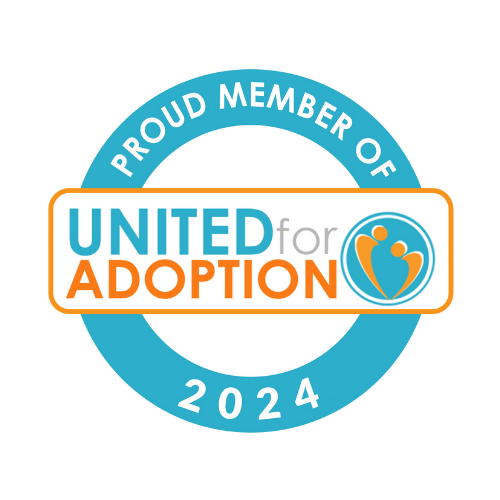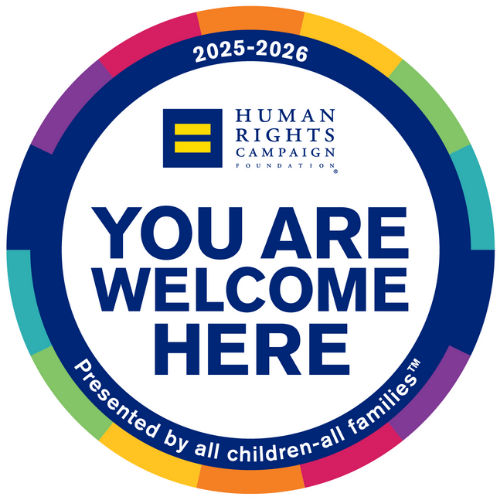Joel Redd is a foster-adoptive consultant who lives in Blanding. He and his wife are foster parents, adopting four children and reuniting many more with their biological families.
There are a lot of things I learned from my father that have shaped my life. My dad was a successful businessman and served as a county commissioner for 16 years. He was one of the youngest mayors elected in Blanding. In his seventies, he wrote a book that changed the way Utah and other states looked at states’ rights on federal land. When I talked with him about what shaped his life the most, he named two things: 1) his wife, and 2) his parents, who adopted him from foster care at age eleven.
He would always say, “I know where my life was headed before they adopted me.They took off all my rough edges and your mother polished me.”
The thing about my father that shaped my life was not his success. It was the message he passed on about foster care, and how it can totally change the direction of a person’s life. It was not luck that helped my father be successful, it was a family willing to take him in and love him as their own. Growing up, I always knew I wanted to be a foster/adoptive parent. I thought I felt this way because of my father. But now I know, it was my grandfather and grandmother who really shaped my life, long before I was born.
Being a foster parent in rural Utah has some challenges and benefits you just do not experience in areas with a larger population. In our area, you may find it difficult to find a specialist for a child with autism or a dentist or eye doctor willing to accept Medicaid. You could easily find yourself driving in excess of a hundred miles for the nearest orthodontist or psychiatrist who will.
But what you will find is a community willing to help in any way it can. Recreation centers, movie theaters, and restaurants will often give discounted prices to foster families. City offices, county libraries and conference centers are willing to allow you to use their facilities free of charge. Clinical professionals and DCFS workers know you, and the children you are serving. Judges learn to know you by name, and value your input. Rural city league teams accommodate a child who comes in the middle of a season. For the most part, rural communities are very friendly to people willing to be foster parents.
Confidentiality may be a challenge in a rural community. In Blanding and Moab, everyone knows who the foster parents are. When you show up to church or a ball game with a new kid, everyone can make an educated guess that they are in foster care. Frequently, the children entering your home are also from your community, so you may get a question like, “Why is that kid with you?” or “Is that so and so’s child? Are they in foster care?” But for the most part, people mind their own business.
Being a foster parent in a rural area gives you a true opportunity to love your neighbor. Reunification is the primary goal of foster care and life-long bonds are just an added benefit. When you have had a child, or children, in your home who have successfully reunified with their family, they will always be a part of your family, and you theirs.
It feels really great to see a family come through the process stronger and know you helped. To get a hug from, not only a child, but the child’s mom, who you have also helped, is the best feeling in the world.






